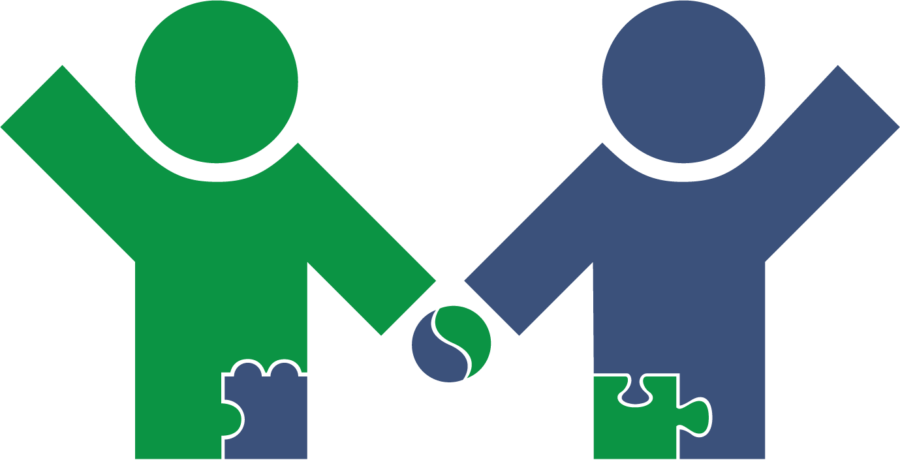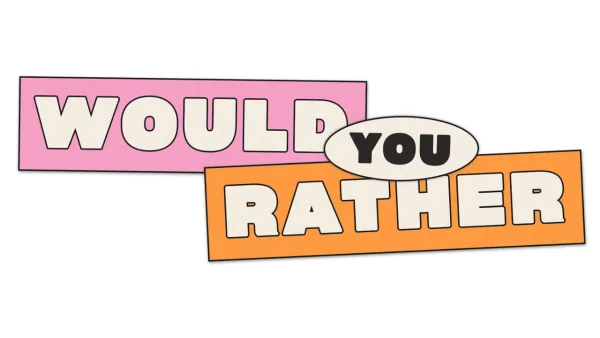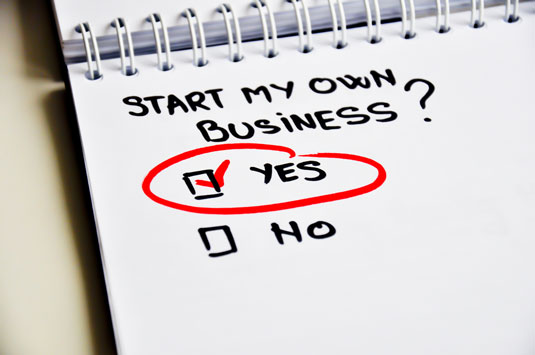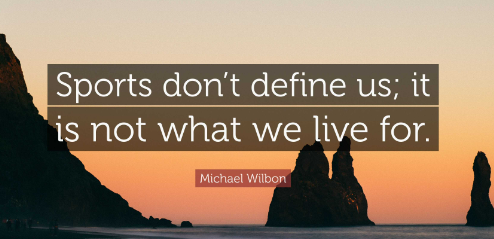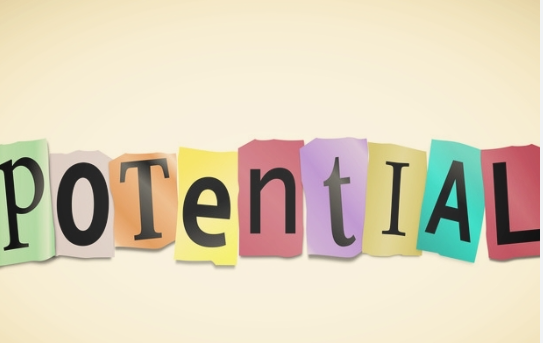How to be an Ally
December 18, 2017
Despite the growing equal rights movement, many people still don’t know what an ally really is. People seem to believe that just because they aren’t apparently harmful to a minority group, they’re supporting it. The reality is that an ally works to end oppression by advocating for people who are stigmatized, discriminated against, or treated unfairly. Society often stands by and allows oppression to continue, all while being praised for not being part of the problem; however, if you allow problems to continue, aren’t you part of the problem?
Allies are incredibly important to activist communities, such as the lesbian, gay, bisexual, transgender, and questioning (LGBTQ) communities. As and active member of the LGBTQ community and an officer for Santiago High School’s Gay Straight Alliance (GSA), I often see poor treatment of LGBTQ students, and I rarely see people standing out to help the problem. An ally to the LGBTQ community is any person who supports and stands up for the rights of LGBTQ people, such as equal treatment. People often only do one or the other, but still claim to be any ally.
Treating other people as human beings shouldn’t still be something we need to advocate for, but with every supportive effort it gets a little better. Allies are an imperative part of movements for social change. Their efforts demonstrate that minorities are not alone, even when they feel like they are. Any action, no matter how small, from any ally, helps to improve the climate of workplaces and schools and allows people to feel safe enough to be who they are.
As a society, we tend to blind ourselves to problems or feel more comfortable looking the other way. It is easy to tell ourselves that there has been so much social improvement and that there aren’t social problems, but that’s simply a lie. Everyone, regardless of who they are, is likely to experience some form of discrimination, stigmatism, or harassment; however, the rates are highest for minorities such as the LGBTQ community. Visible support from others can make a real difference, even if it’s just for one person. The LGBTQ community has the highest rates of mental health issues, nearly half as high as the rates for heterosexual people. The LGBTQ also has the highest rates for drug use, self harm, suicide and suicide attempts, and sexual violence. The statistics for these issues average at around a quarter higher than heterosexual people. These issues within the LGBTQ community are often caused by homophobic behavior, such as harassment and hate speech. For example, findings from GLSEN’s National School Climate Survey consistently show that nine out of ten LGBT students use terms such as “gay” in a negative manner. The studies also found that three out of four students regularly hear homophobic slurs that should not be considered acceptable in today’s society. This behavior not only damages the physical and mental health of the LGBTQ community, but also creates a hostile environment as well as an uncomfortable and unsafe space for everyone.
As a society, we must take a stand against hateful behavior to protect all students, regardless of them being a part of a minority or not. Though statistics are helpful in showing the extent to which hate dwells within our everyday lives, we have to remember that these issues affect real people every day and not just think about the numbers. Support and protection from friends, mentors, and even strangers can make a huge difference in improving the lives of many. Human rights applies to everyone, regardless of whether you respect who they are, and the traits they have that they cannot change.
People aren’t born prejudiced, so where does it even come from? Studies on human development show that from the moment a person is born, they are indulged with messages about different types of people. Even if something is left unspoken, people analyze the actions and reactions of others from the start. Due to this, we learn stereotypes and prejudices unconsciously. We even internalize these messages at times about what we are “supposed to” or “not supposed to” be. The messages we receive in our day to day lives shouldn’t go unrecognized. If we can recognize these messages, we can recognize how they factor into our own personal beliefs and biases. By knowing your own beliefs and biases, conscious or subconscious, you can challenge them and grow as a person. For example, studies surprisingly show that LGBTQ people tend to have internalized homophobia and/or trans-phobia that they have gained from their environments. Allowing hateful action in society allows people to continue to internalize beliefs and biases that often make our environments unsafe for everyone.
Many people want to support movements for social change and support others, however, they don’t know how. People grow up hearing the golden rule – “treat others the way you want to be treated” – but how do we apply it to social change?
One of the simplest ways is to use terminology correctly. People often create an understanding of something that doesn’t actually represent what it is. For example, when people hear the term “feminism” they might think of women having more rights than men, however, in reality, feminism is about equality between all gender identities. With terminology, one of the most common mistakes is misgendering people. If you don’t know what the proper terminology is when referring to an individual is, all you have to do is respectfully ask. If you aren’t able to ask, simply use the gender neutral term they/them. The language we use largely impacts how we see ourselves and others; however, it is constantly developing. It is important to familiarize yourself with terminology to be more understanding and respectful of others.
Another way is to be visibly supportive of others. Though people may be an ally online, people hardly take a stand during day to day life. Making yourself a visible ally is as simple as speaking out when you hear hate speech or modeling supportive behaviors. Even if you aren’t supportive of another, the least a person can do is have a respectful discussion on the reasons why they aren’t supportive. There are many steps to take in order to have a respectful discussion and they’re all simple. For starters, allowing one person to speak at a time allows them to get their point across. Interrupting a person makes it seem like you’re only trying to argue with them, instead of having a civilized discussion. If a person only waits for them to finish so they can argue their side, they might be listening, but they aren’t trying to understand. It is important to attempt to put yourself in another’s shoes.
During a discussion, it is crucial to avoid making assumptions. A person should only use an “I” statement to speak from their own experiences. Not everyone shares similar experiences so it is best not to speak for a group of people. It is best to avoid making blanket statements about any group of people as well. People use generalizations that they aren’t sure about. If you’re unsure something you have to say is true, the easiest thing to do is phrase it as a question. This allows for a more open discussion that is fair to both sides. When people do make incorrect statements, they should be gently corrected. Letting comments slip by only causes the safe to be unsafe and allows for problems to continue.
Though it may seem like common sense, respecting what others say is critical. When someone tells you something personal, it is best to assume it should be kept private. It is their choice to share their story, that choice doesn’t belong to anyone else. If a person shares their interest during a discussion, respect their personal thoughts. Just because you dislike something doesn’t mean it isn’t important to the other person. Insulting another persons preference can cause them to feel insecure or as though they cannot trust you. To prevent this, it can be helpful to ask them respectful questions. Some topics can be difficult to discuss, but that’s why they should be talked about. If someone has a stigma, ask them why. Establishing a core understanding of an issue allows you to find solutions, instead of having the problems remain.
You don’t have to support anything you don’t agree with, but you should at least respect the people who do, regardless of their race, gender identity, gender expression, or sexual orientation. Instead of waiting for change to occur, be the change. Even the smallest actions as an ally can go a long way.

